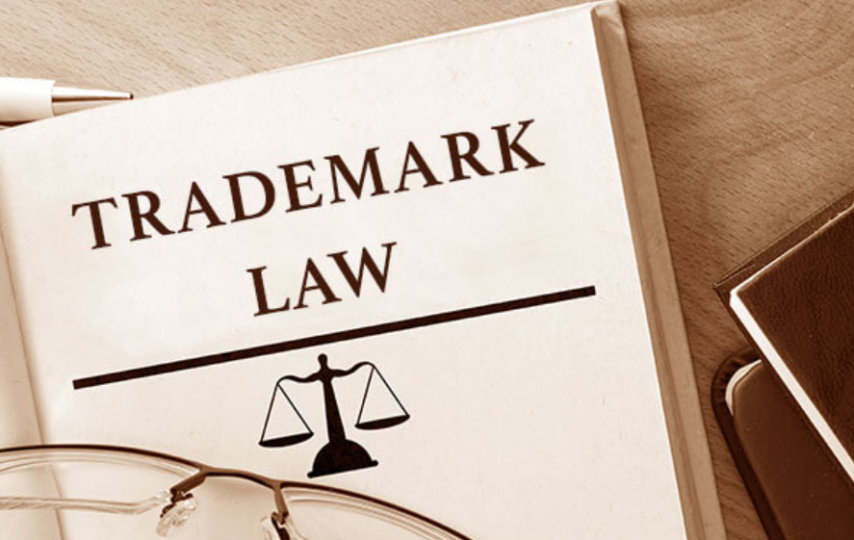As a business owner, you understand the importance of branding. You know your business cannot exist without your brand, so you’ve invested time and money into creating a unique brand representing your business’ values and culture. But have you thought about how you can protect your business’ brand? The answer lies in trademark law.
Trademark law is essential for protecting the name and logo of your business, allowing your business to retain its uniqueness and allowing you to differentiate your brand from competitors. This blog post will serve as the ultimate guide to understanding the fundamentals of trademark laws and regulations.
Learn more about the role of a Trademark attorney.
Navigating Trademarks laws and regulations can be a daunting task. An attorney plays an essential role in this process. By working with an experienced professional, a business or brand owner can ensure their trademarks are properly registered and enforced. Having the help of experienced legal counsel is essential since Trademark law isn’t something that most people are familiar with.
A good lawyer ensures that all deadlines, fees, and paperwork are filled out correctly to create a strong understanding among others about who owns which trademarks. Furthermore, having representation during any inflammatory exchanges or negotiations related to terms of usage also has its benefits.
What exactly is a trademark?
First and foremost, a trademark is a symbol or word that represents a business or brand. It is used to differentiate your products or services from those of competitors. Registering a trademark is essential for protecting your business’ brand, mainly if you operate across borders.
Without a trademark, you have no legal grounds to save your brand’s name, logo, or identity. One of the most significant benefits of trademarking your business is that it provides legal protection and prevents your competitors from using any trademarked elements of your brand.
Understanding the Different Types of Trademarks Available
Several types of trademarks are available, including service marks, certification marks, collective marks, and brands. Service marks identify and protect services rather than products, while certification marks certify that a product meets a specific set of standards.
Collective marks identify a group of products or services, while trademarks protect names, designs, and other brand identity forms. When registering a trademark, it is essential to ensure that you register for the correct type to receive adequate protection.
Why should I register my trademark?
Registering your trademark provides many benefits, including stopping businesses from using your brand. It makes it easier for your business to recover any damages that may occur due to trademark infringement. It also establishes constructive notice of your trademark.
This alerts your rivals that your brand is officially registered, preventing them from violating your trademark; furthermore, reporting your trademark grants you the privilege to utilize the name across the country, even in states where you haven’t ventured.
How long is a Trademark active for?
Trademark duration isn’t fixed; it depends on the length of your trademark registration. The USPTO considers registration validity for ten years, with an option for renewal after this period.
Your trademark can remain active for as long as you renew it every ten years. This duration is significant since it protects your brand from being used by competitors, and continuing it will keep this protection intact.
The Importance of Renewing A Trademark
Renewing a trademark is very important. The USPTO allows six months for renewal before the trademark’s expiration, but any extension time can lead to the trademark’s cancellation.
Leaving the brand unchecked can also lead to not having legal grounds to file a lawsuit against infringers. Finally, not renewing your trademark can lead to only having a common law trademark, which is less protective than registering your trademark.
The Ultimate Guide To Trademark Laws and Regulations – In Conclusion
Trademarks are essential for protecting your business and your brand. Properly registering and renewing your trademark can spell the difference between having a robust legal standing and not for your brand.
Ensure you take this seriously and consult a trademark attorney before filing a trademark application. By doing so, you’ll take a significant step towards securing your investment and your business’s future success.








